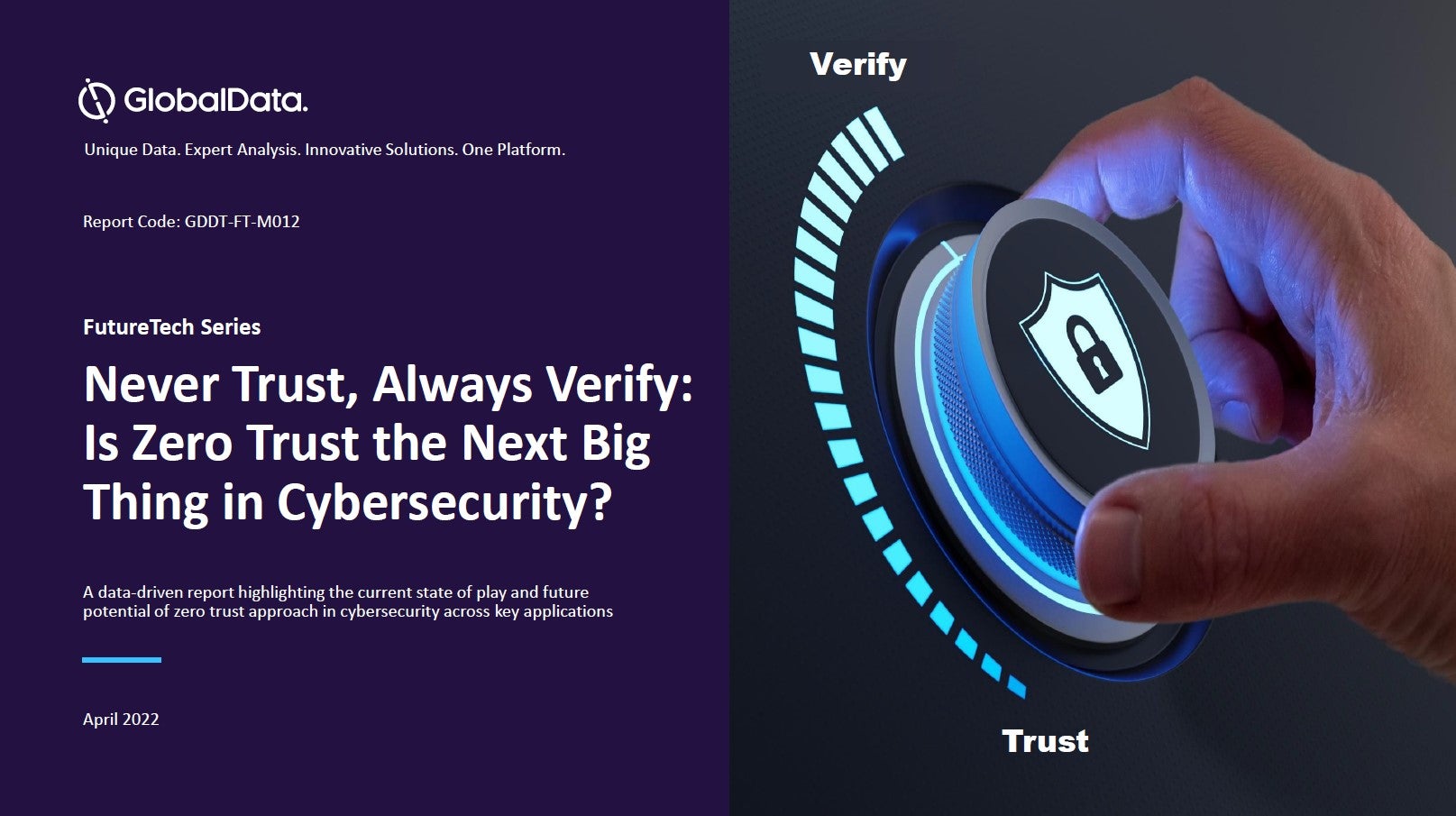UK mass affluents are more avid users of digital banking compared with retail customers, according to research firm, Verdict Financial.
The company’s latest report finds that among those who use online banking, 89% of mass affluents accessed this channel at least once a week, compared to 83% of non-mass affluents. For mobile banking, the equivalent weekly usage figures were 83% and 79%, respectively.
How well do you really know your competitors?
Access the most comprehensive Company Profiles on the market, powered by GlobalData. Save hours of research. Gain competitive edge.

Thank you!
Your download email will arrive shortly
Not ready to buy yet? Download a free sample
We are confident about the unique quality of our Company Profiles. However, we want you to make the most beneficial decision for your business, so we offer a free sample that you can download by submitting the below form
By GlobalDataFurthermore, mass affluents are slightly more inclined to use digital channels to carry out activities such as checking their balance, paying bills, and managing their direct debits.
Daoud Fakhri, principal analyst for retail banking at Verdict Financial, tells PBI that one of the reasons for greater use of digital, is that mass affluents are more likely to use more complex services above merely making transactions and looking at bank statements. He says that booking meetings with advisors or submitting queries makes the segment more involved in digital channels.
He adds that the rate of use can also be attributed to sophistication:
“Mass affluents tend to be more sophisticated and therefore tend to be happier to use digital channels.”
Looking at where the industry is lacking in provisions for the mass affluent segment, Fakhri says that mass affluents tend to have multiple accounts, and there is currently an inability in the UK for customers to have a 360 view of their financial situation in one place.
Fakhri says that one innovation will be the implementation of open banking based on open APIs, with the regulator forcing UK and European banks to allow access to customer data to third parties.
“Third parties are going to have a secure channel to extract customer data; have access in real time; and to present it all on their own interface. It means that consumers will be able to view all of their data in one place. From the point of view of a mass affluent who has several different accounts all over the place, and various different investment products – they will now be able to view all of that on one dashboard. So I think that’s going to be a bit of a game changer.
“We are also starting to see the emergence of chatbots and other natural language query tools which allow digital channels to emulate the kind of service you would expect from a call centre.”








